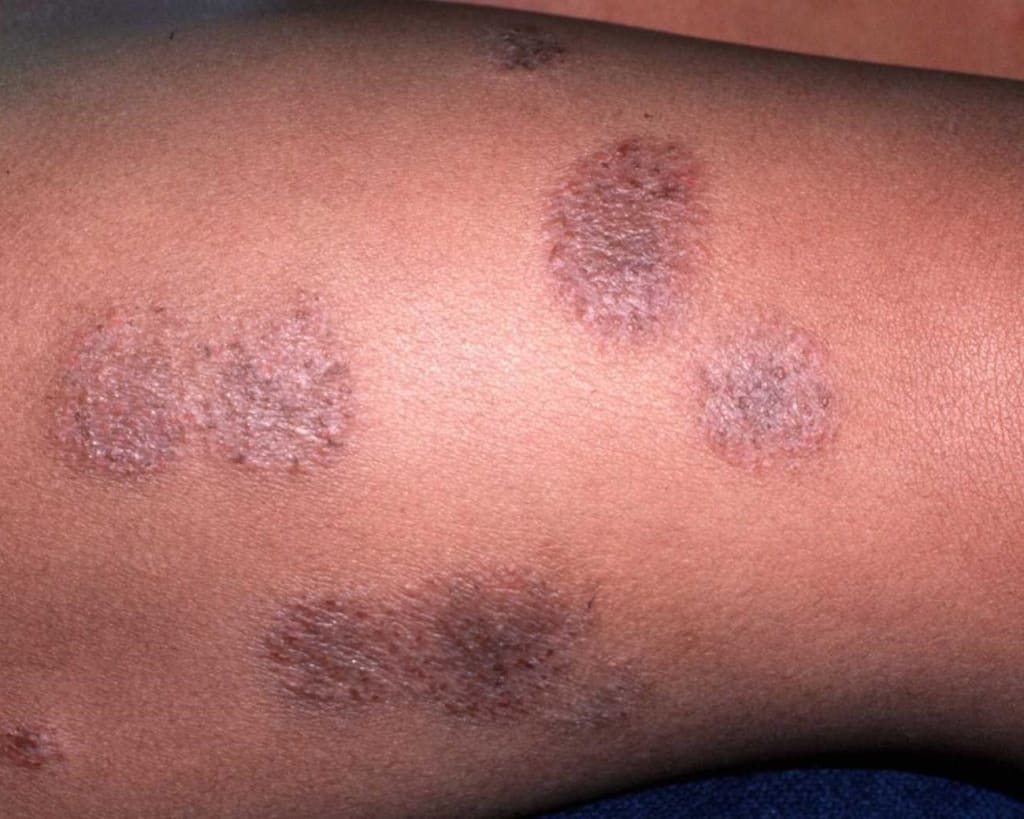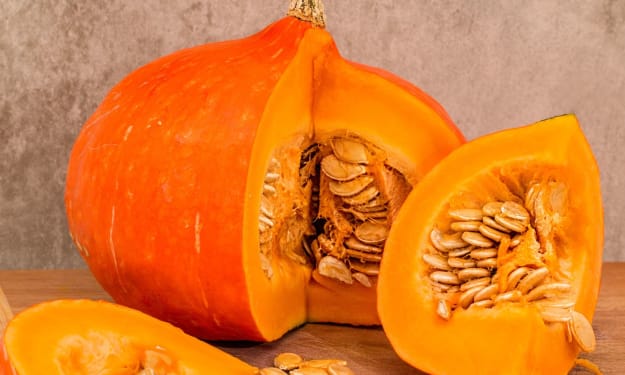Psoriasis: The Silent Skin Disease
There is a very common skin disease that many have but don’t understand, is it fatal?

I have always been a scary child, afraid of my own shadow type of kid. One day, I was looking at my hands and noticed a dry skin patch in between my thumb and my fore finger. I picked at the skin and made it peel back. Eewwww!! There was skin underneath my dead skin?! It was disgusting and frightening at the same time. I ran to tell my mother and she took me to the hospital. The doctor explained that I had a skin disease called psoriasis. I immediately freaked out. A skin DISEASE! “Am I going to die?” I asked, the doctor responded with a light-hearted laugh and told me that psoriasis wasn’t a serious disease and that, when the rashes flared, all I needed to do was put hydrocortisone cream on them to stop itching and reduce the dryness of my skin. I knew nothing about this skin disease or why I had it. But I did some research and thought I’d share it with others like me who have never heard of psoriasis or have it and don’t understand it.
First of all, what is psoriasis? Is it contagious? These are the questions I asked myself once the doctor told me about my diagnosis. According to MayoClinic.org, psoriasis is caused by overactive T-cells in the body. T-cells are supposed to attack unknown bacteria in the body, but in the skin of those with Psoriasis the T-cells attack healthy skin cells, causing more skin to grow on top of other skin. The side effects (caused by increased amounts of T-cells, white blood cells, and neutrophils) tend to be redness, scaliness, and itchiness (I don’t get the redness, because I’m darker skinned, a plus). Skin cells form in days instead of weeks and pile on top of each other, making the skin all itchy and scaly. Yuuuck! There are different types of psoriasis, as well, and they all attack different areas of the body.
Plaque Psoriasis
Most common type, red, dry, scaly, painful patches. Can occur around genitals and inside your mouth.
Nail Psoriasis
Attacks fingernails and toenails. Can cause abnormal nail growth, discoloration, and the nail to crumble.
Guttate Psoriasis
Most of the victims are young adults and children. Thin scales, repeated outbreaks.
Inverse Psoriasis
Happens in moist areas like under the breasts, armpits, in the groin, around the genitals. Causing red inflamed skin.
Pustular Psoriasis
Very uncommon type, which forms pus filled blisters and causes pain usually on the feet and nails.
Erythrodermic Psoriasis
The least common type and covers majority or all of the body with red itchy and burning patches.
Psoriatic Arthritis
Causes swollen painful joints along with scales on the skin.
Psoriasis is not contagious or fatal so you can’t spread it nor die from it. In fact, it is believed that psoriasis is genetic and has to do with your environment. The more I learn about this skin disease, the more I realize that psoriasis isn’t scary. The more research you do on a topic you don’t understand, the more it’ll put you at ease. Through this research, I learned about skin care and how to get clear skin. Now I use oils to moisturize my face after I wash it twice a day. Coconut oil, Jamaican Black Castor oil and Olive oil are all good oils for psoriasis that I use on my face to help with the rashes. Although, psoriasis is not a disease that will go away in the future it isn’t fatal and it’s easy to deal with. Psoriasis is apart of me now, but it is not who I am.
About the Creator
Tamirah McGill
I’m just a young woman who loves to write






Comments
There are no comments for this story
Be the first to respond and start the conversation.